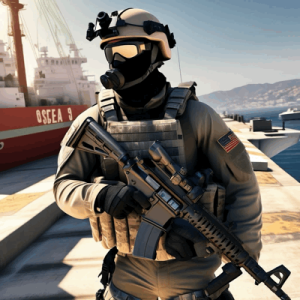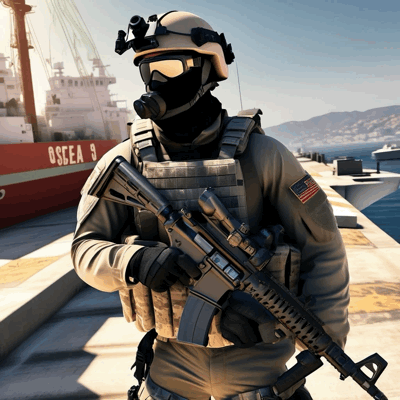How to Win a Coast Guard Separation Board | Coast Guardsman’s Defense Guide
Gonzalez & Waddington, Attorneys at Law represent Coast Guardsmen worldwide in administrative separation boards, Boards of Inquiry (BOI), NJP appeals, and courts-martial. If you have been notified of a separation board, your career, rank, and benefits are at risk. This guide explains how Coast Guard separation boards work, your rights, and how to mount a strong defense.
The Coast Guard is small, and every case carries weight. A separation board isn’t just about your service — it’s about your future. Treat it like the fight of your life.

Why Coast Guard Separation Boards Matter
- Retirement risk: Even after years of service, you can lose retirement if separated with less than honorable conditions.
- Benefits loss: VA benefits, healthcare, and education benefits depend on your discharge characterization.
- Reputation: In a tight-knit service, a separation can affect your civilian opportunities and security clearance eligibility.
- Career-ending decision: Once separated, there’s no going back — you lose your Coast Guard career permanently.
How Coast Guard Separation Boards Work
1. Notification
You’ll receive official notification of the government’s intent to separate you. Common grounds include misconduct, drug or alcohol abuse, substandard performance, or civilian conviction.
2. Rights at the Board
Every Coast Guardsman facing separation has the right to:
- Be represented by a military or civilian defense lawyer
- Review and challenge the government’s evidence
- Call witnesses and present documents
- Cross-examine government witnesses
- Testify on your own behalf (or remain silent)
3. Board Members
A Coast Guard separation board usually consists of three officers. They decide whether the allegations are supported and what discharge characterization to recommend.
Defense Strategies for Coast Guard Separation Boards
1. Build Your Narrative
You must show why you are worth retaining. Stress mission contribution, reliability, rehabilitation, and leadership potential.
2. Use Evidence Effectively
- EERs (Enlisted Evaluation Reports): Document your professionalism and reliability.
- Character witnesses: From supervisors, shipmates, and chiefs who know your work ethic.
- Exculpatory records: Duty logs, message traffic, and official records that counter allegations.
- Rehabilitation proof: Treatment program completion, counseling, or retraining certificates.
3. Challenge Weak Evidence
The Coast Guard must prove its allegations by a preponderance of the evidence. Look for missing documents, unreliable testimony, and command bias.
4. Protect Your Record
Even if the board rules against you, a strong defense record helps with appeals, discharge upgrades, and civilian opportunities. Never concede without a fight.
Common Mistakes at Coast Guard Separation Boards
- 🔥 Waiving the board without consulting a lawyer.
- 🔥 Failing to bring strong documentary evidence or credible witnesses.
- 🔥 Assuming “good service” will outweigh the allegations without proof.
- 🔥 Relying solely on a JAG attorney without civilian support.
- 🔥 Admitting guilt hoping for leniency — which often backfires.
Video: Defending Coast Guardsmen at Separation Boards
Why Hire Gonzalez & Waddington for Coast Guard Separation Boards?
Our lawyers have defended Coast Guardsmen across the U.S. and abroad in separation boards, BOIs, NJPs, and courts-martial. We know the Coast Guard’s system and how to fight for your career.
- ✅ Represented Coast Guardsmen in drug, misconduct, and performance-related separations
- ✅ Experienced in high-stakes cases involving retirement and benefits
- ✅ Published authorities in trial advocacy and military law
Contact Gonzalez & Waddington at ucmjdefense.com or call 1-800-921-8607 to protect your career at a Coast Guard separation board.
Frequently Asked Questions: Coast Guard Separation Boards
What is the burden of proof at a Coast Guard separation board?
The government must prove allegations by a preponderance of the evidence — more likely than not.
Who sits on a Coast Guard separation board?
Usually three officers who review the evidence and decide whether to retain or separate you.
What types of discharges can be recommended?
Honorable, General (Under Honorable Conditions), or Other Than Honorable (OTH).
Can I waive my separation board?
Yes, but waiving gives up your chance to fight the allegations. Always consult with a lawyer first.
Can I have a civilian lawyer at my board?
Yes. An experienced civilian military defense lawyer can strengthen your defense and improve your chances of retention.


